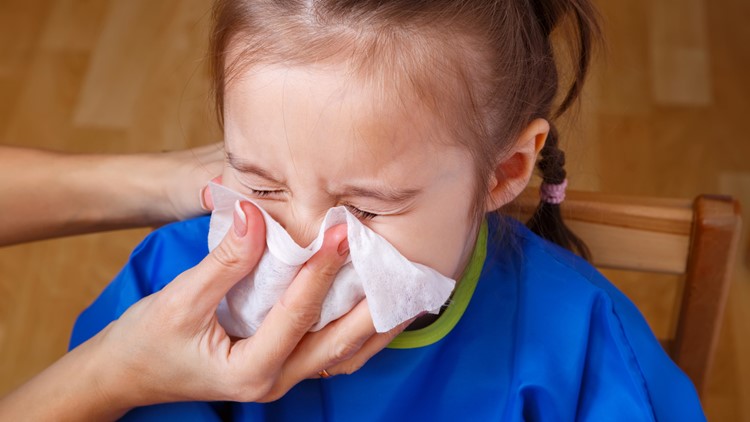As any parent of a young child can attest, small humans are basically germ factories.
As they learn hygiene and how to care for themselves, kids are prone to lots of runny noses, coughs, sore throats and infections. That’s especially true for children in day care, who get more ear and respiratory tract infections than those who are cared for at home.
Keeping their hands clean is a big step in teaching kids proper hygiene. But HOW they get clean could make a significant difference in whether small children get sick.
Hand sanitizer is a better way to clean hands than washing with soap and water, a study published in Pediatrics found.
Kids who cleaned their hands using hand sanitizer instead of soap and water missed less school, had fewer respiratory infections and were prescribed fewer antibiotics.
Researchers followed 911 children up to age 3 who attended 24 day care centers in Almería, Spain, over an eight-month period. Children were split into three hand-cleaning groups: One that used hand sanitizer, one that used soap and water, and a control group that followed the day care center’s usual hand-washing routines.
The soap-and-water group had a 21 percent higher risk of contracting a respiratory infection than the hand-sanitizer group. When it came to antibiotic prescriptions, soap resulted in 31 percent more than sanitizer.
Respiratory infections, which can range from common colds to pneumonia, can be especially scary in infants and toddlers because their bodies and immune systems are less equipped to fight them off than healthy adults.
Finding ways to reduce them, as well as antibiotic use, could be a significant public health win, the study authors said.



